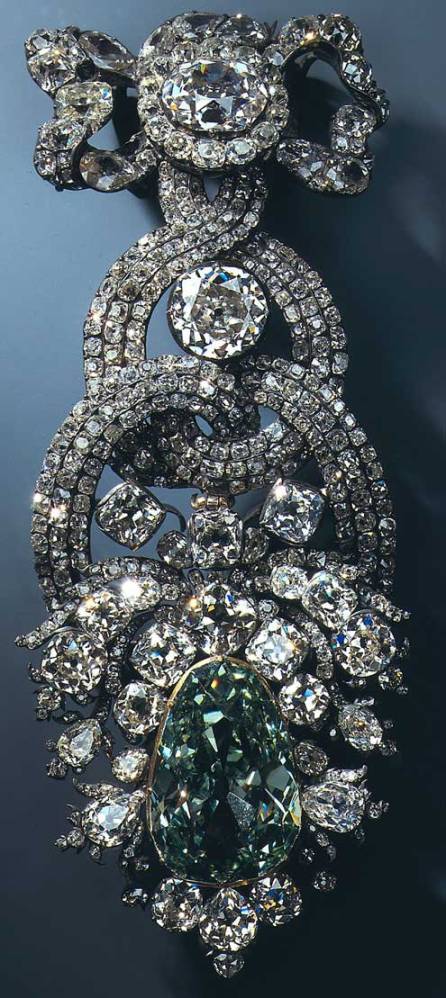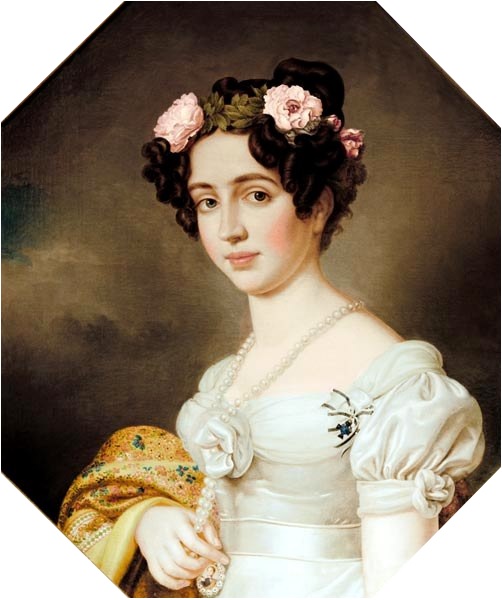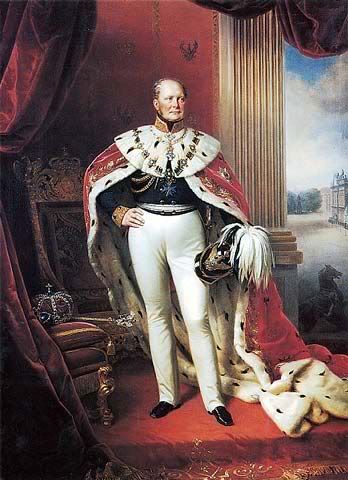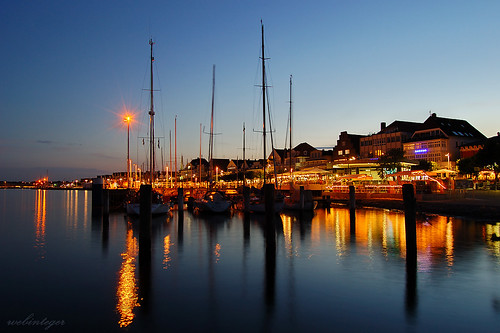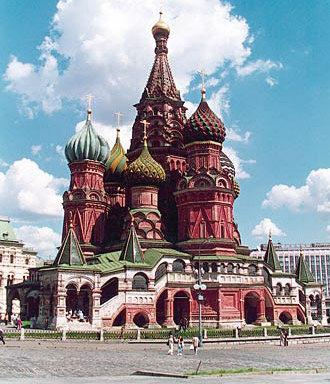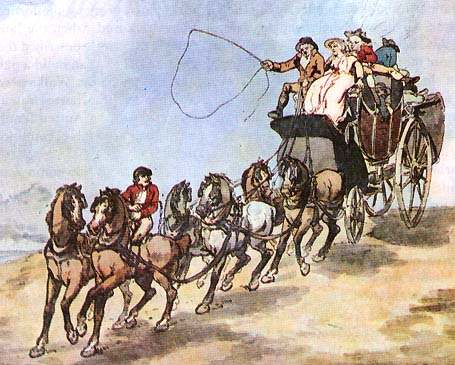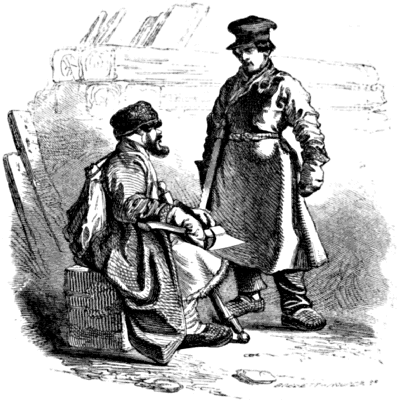One sees scarcely any people on the whole route to Moscow but these poor devils, their villages being about 20 versts apart, and built of logs. The houses though are generally well put together, and look as if they might be made comfortable. Nothing of any interest occurred on our route to Moscow which took us some 84 hours to accomplish, if I except a scene that took place one night which showed us how these serfs are treated sometimes. I will not say it is general though I am informed that there are some people who have the privilege of whipping them without being called to a/c [account]. After taking our dinner [illeg.] ourselves, quite late one evening (near midnight) on leaving the house we found ten men lying upon the bare ground, the weather being very cold, with nothing but their usual dress upon them, which consists of a low, belt-crowned hat (usually covered with buckles), a whole sheep-[19]skin formed into a sort of frock, in fair weather worn with the wool next the skin (literally) and in foul weather turned inside out, having under this sheepskin (said to be handed down from Father to Son) a calico-dicky (such as found as the boys in America often wear) covering the chest only and in some instances a pair of blue calico pants, and a huge pair of boots. We saw these poor fellows lying upon the cold pavement, of rough stones of a Russian night in September. We left them to their dreams and got into our Carriage, and composed ourselves for sleep, out of which we were shortly aroused by the horses stopping and an altercation taking place between our guard and the driver, who as always is the case was a serf. I looked out the window and could not at first understand the cause of the noise and we all thought that someone on the road had stopped us for some purpose or other. I immediately got out followed by Hancock [20] and was just in time to see our guard strike the driver a terribly severe blow full in the face, and then throwing him down beat him worse than if he were a dog. Not understanding the language I could not discover the cuase of the row, and we thought it best not to interfere, however waiting some little time we caused the guard to desist. When the driver rose, and attempted to walk away, the guard now took away his whip and belaboured him diligently with it he compelled him to mount his seat, and drive us forwards. I should have thought that any [being?] that had life would have attempted to defend himself, but this poor brute stoodstill and said little or nothing. He may have been drunk for all that I know to the contrary and deserved it, but I am confident that if one of our negroes had been known to have been so terribly beaten by his owner as was this poor fellow—every [21] paper in the Union would call the man a brute. I almost expected to hear on our return that the fellow was dead, but if not ‘twas his Russian head that alone saved him.


